You are invited to CLD’s webinar on 18 July, Introduction to Creating a Media Lawyers’ Network. This webinar provides a general introduction to the concept of creating a national professional network of media lawyers, steps which can be taken to establish one and resources developed by CLD to support the formation of such networks.
Register here and learn more about our project on creating media lawyers’ networks here.




 24 June 2024.
24 June 2024.  16 May 2024.
16 May 2024.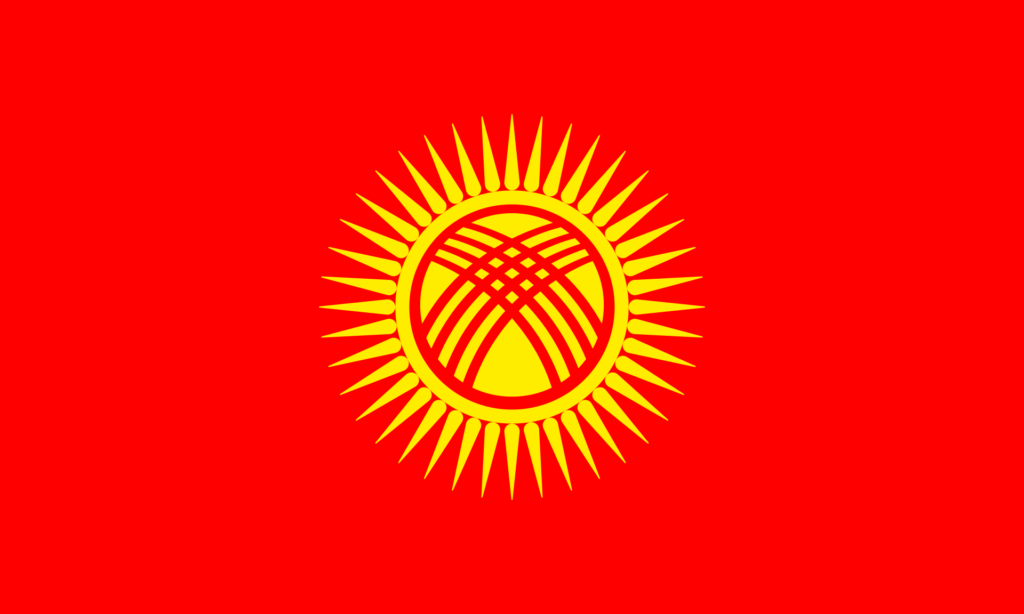
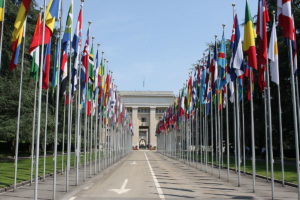 3 May 2024.
3 May 2024. 15 April 2024.
15 April 2024.  26 March 2024.
26 March 2024.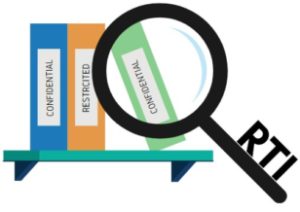 4 March 2024.
4 March 2024.  CLD invites you to join our online course, Freedom of Expression: International Law and the Practice in Myanmar, to be held from 18 March-17 May 2024, with online lectures on Thursdays from 7:30-9:00 PM Bangkok time. This nine-week online course involves weekly lectures, discussions, background readings and an opportunity to interact with others who care about freedom of expression in Myanmar.
CLD invites you to join our online course, Freedom of Expression: International Law and the Practice in Myanmar, to be held from 18 March-17 May 2024, with online lectures on Thursdays from 7:30-9:00 PM Bangkok time. This nine-week online course involves weekly lectures, discussions, background readings and an opportunity to interact with others who care about freedom of expression in Myanmar. 
 15 January 2024.
15 January 2024. 8 January 2024.
8 January 2024. 20 December 2023.
20 December 2023.  29 November 2023.
29 November 2023.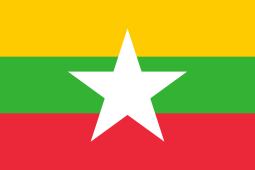 20 November 2023.
20 November 2023.
 23 October 2023.
23 October 2023. 28 September 2023.
28 September 2023.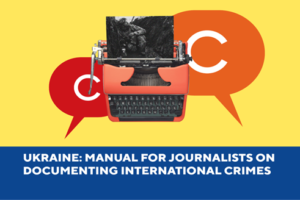 11 September 2023.
11 September 2023. 11 вересня 2023 р.
11 вересня 2023 р.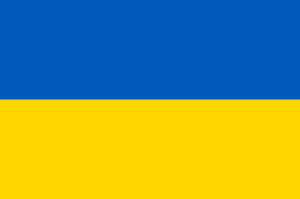 30 August 2023.
30 August 2023.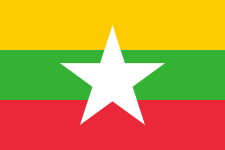 21 August 2023.
21 August 2023.